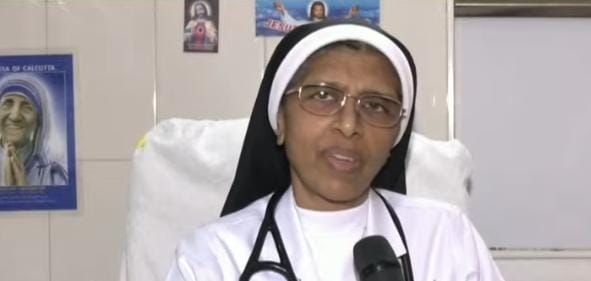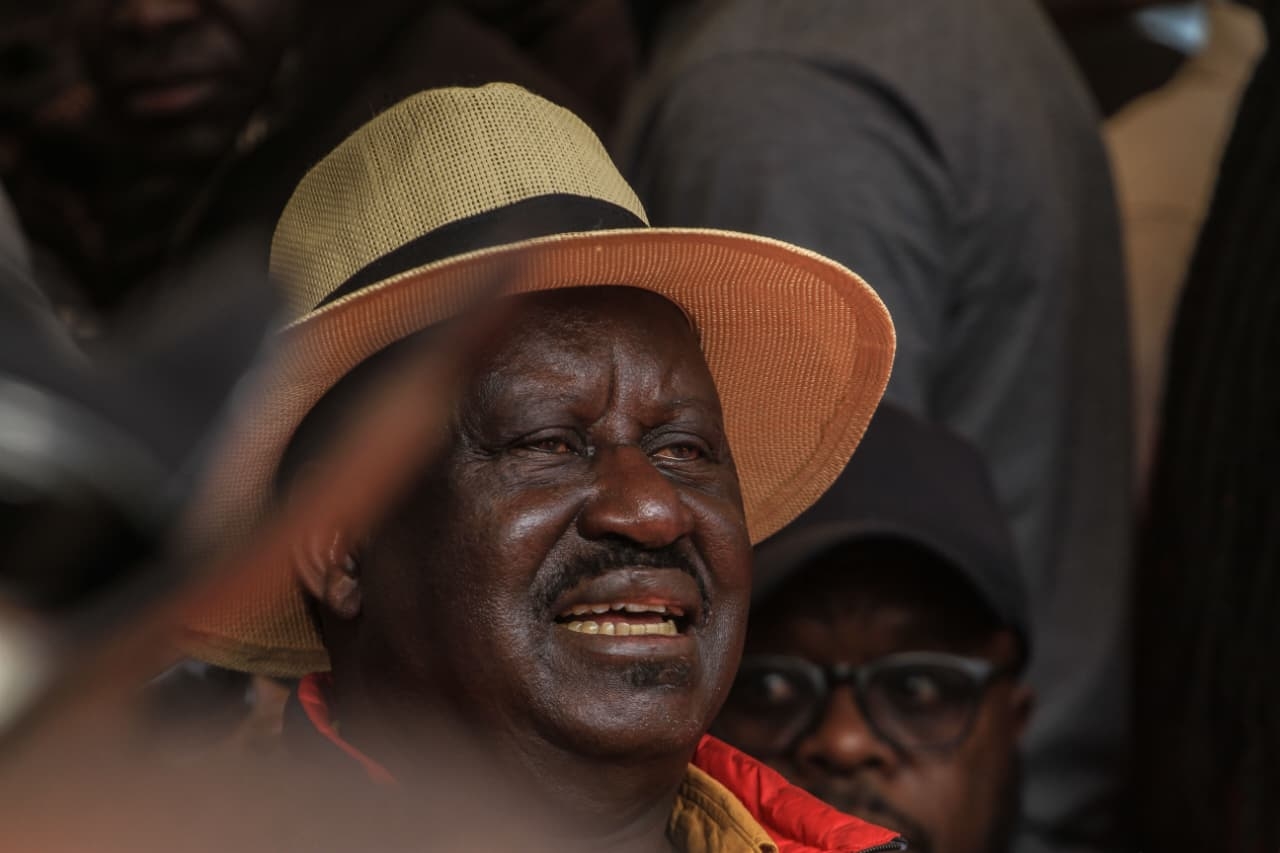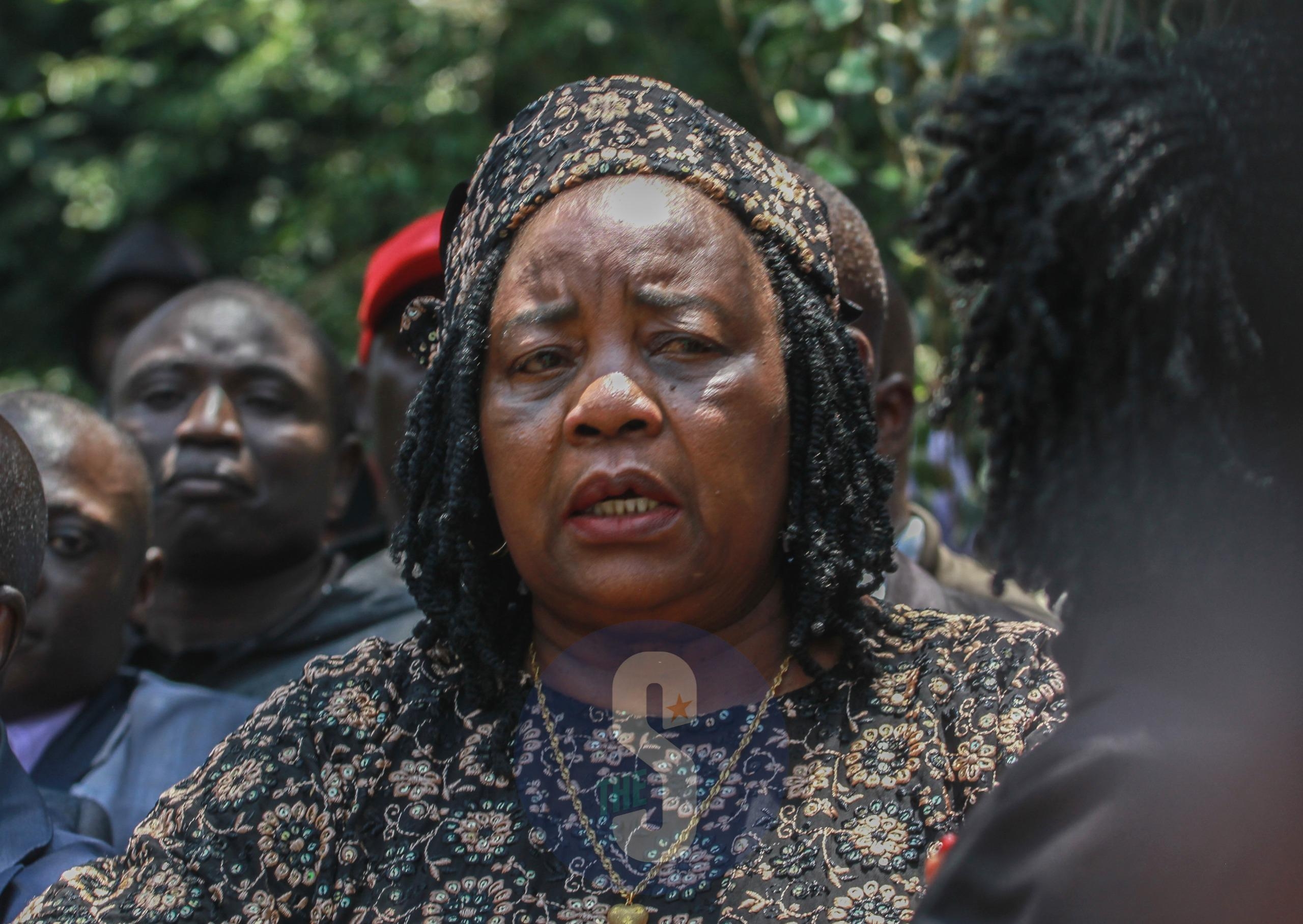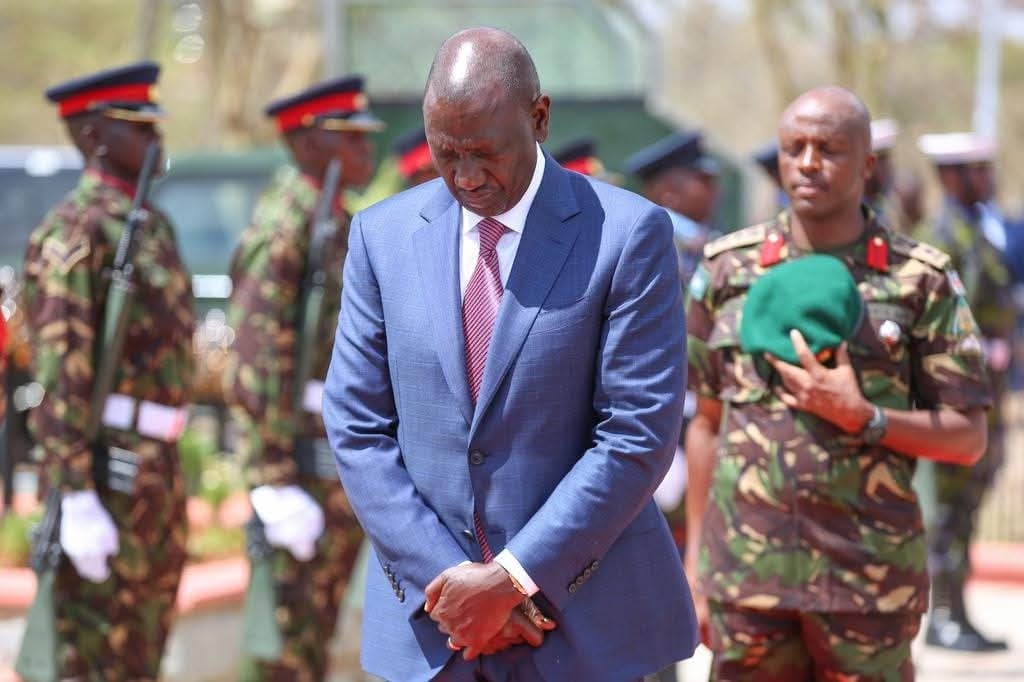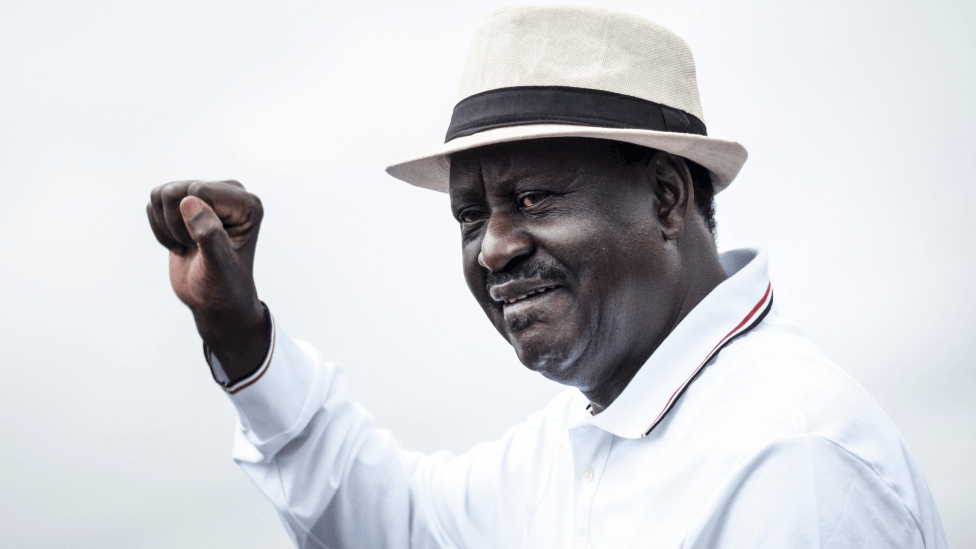
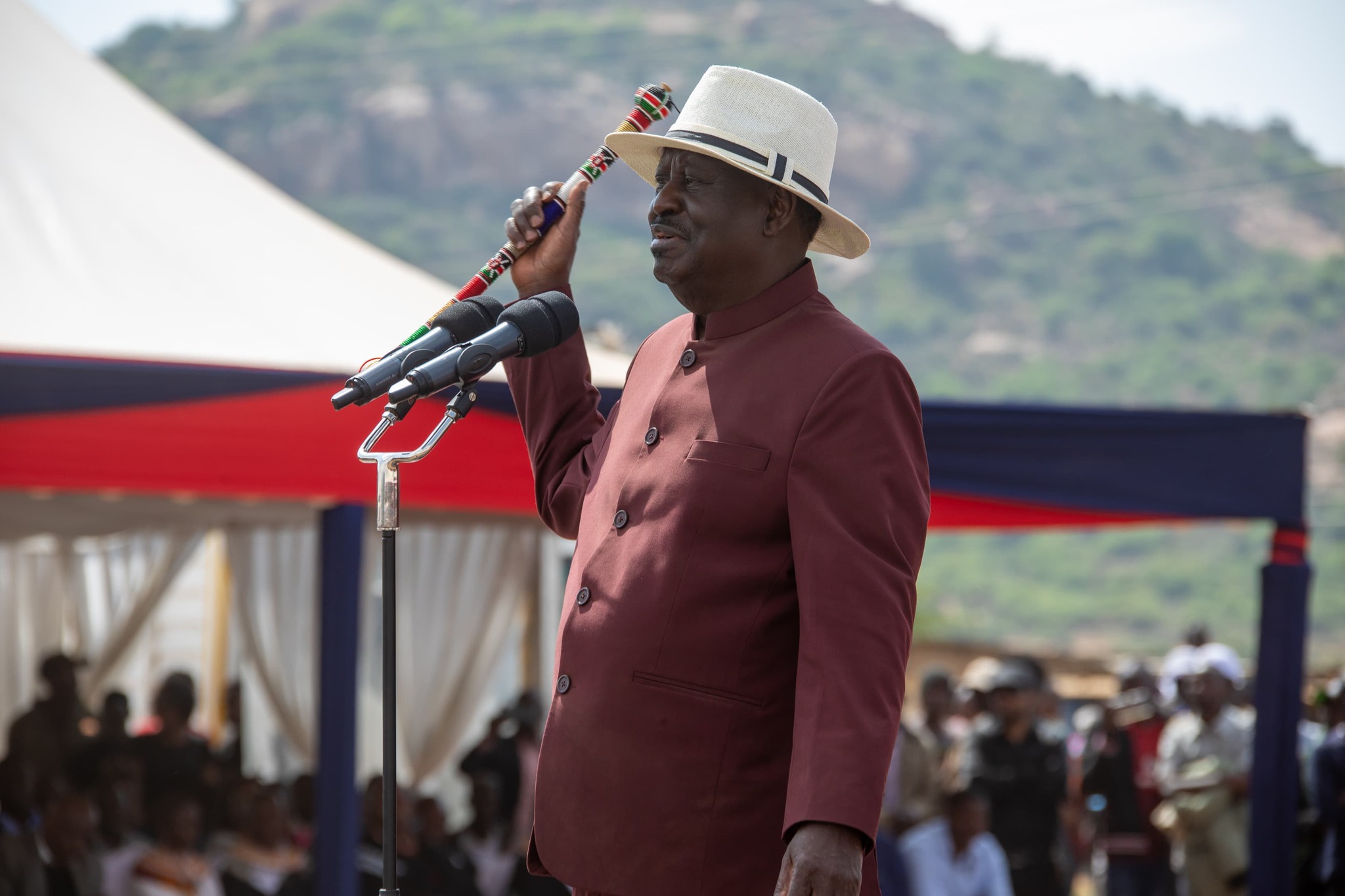 Former Prime Minister Raila Odinga./FILE
Former Prime Minister Raila Odinga./FILE
The air shifted, the crowd leaned in and before he even uttered a word, anticipation rippled through the masses like wind over a wheat field.
Then came that familiar call, ‘Kitendawili!’ And the crowd would erupt in unison, ‘Tega!’ It was a ritual, a shared heartbeat between a leader and his people.
Raila did not just speak; he performed. His speeches were woven with riddles, humour and cultural rhythm, a rare blend of intellect and playfulness that made politics feel like homegrown theatre.
He perfected the art of kitendawili not as a gimmick but as a tool, a bridge that connected him to wananchi in a way no formal speech ever could.
Through riddles, he told stories about power, corruption and hope. He disguised critique in humour and truth in laughter.
The crowd always knew there was wisdom behind every joke, a lesson hidden beneath every punchline. He could rebuke and entertain in the same breath, and no one left his rallies without a smile, or something to think about on the way home.
Raila understood the soul of the people. He knew that in a land where hardship was a daily companion, laughter was not just relief; it was resistance.
His kitendawili moments allowed the people to laugh at their struggles, to see themselves not as victims of politics but as participants in its great drama. Humour was his weapon, charm his shield, and his way of saying, “I see you, I understand you.”
Today, as the curtain falls, the silence is deafening. The rallies that once echoed with ‘Tega!’ would feel muted, the energy that once electrified the fields and stadiums would be a distant echo in our collective memory. In his absence, there is a gap, a deep, emotional void that no slogan or press statement can fill.
For years, Raila’s voice carried both fire and laughter. He could ignite a crowd with passion, then soften it with humour.
That delicate balance, between the serious and the silly, between the prophet and the performer, made him deeply human. He wasn’t just a politician; he was a storyteller, a cultural phenomenon, a mirror of the people’s emotions.
Now, most Kenyans find themselves hollow, that laughter that came between speeches, that mischievous smile that hinted he knew more than he was saying.
His humour filled spaces that politics often left cold and distant. When Raila joked, he reminded us that leadership could still be warm. When he laughed, it felt like the nation laughed with him.
The art of kitendawili was more than wordplay, it was connection. It made politics less about power and more about people. It turned rallies into conversations and transformed speeches into moments of shared humanity.
Even when he teased his rivals or spun riddles about governance, it was never just about the punchline, it was about engagement, about pulling everyone into the story.
As the country adjusts to a new era without the kitendawili master at the forefront, we realise that the hole he leaves is not just political, it’s emotional, cultural, even spiritual.
His humour stitched us together in moments of tension. It softened anger, inspired hope and made millions feel seen.
The microphones may rest now, the stage lights dim, but the echoes of ‘Kitendawili!’ ‘Tega!’ still live in the nation’s memory.
Raila turned riddles into rallying cries, laughter into legacy and conversation into connection. And in that laughter, the people found not just a leader but also a friend.
Rest well, the People’s President. The father of a nation. The oratory master.


